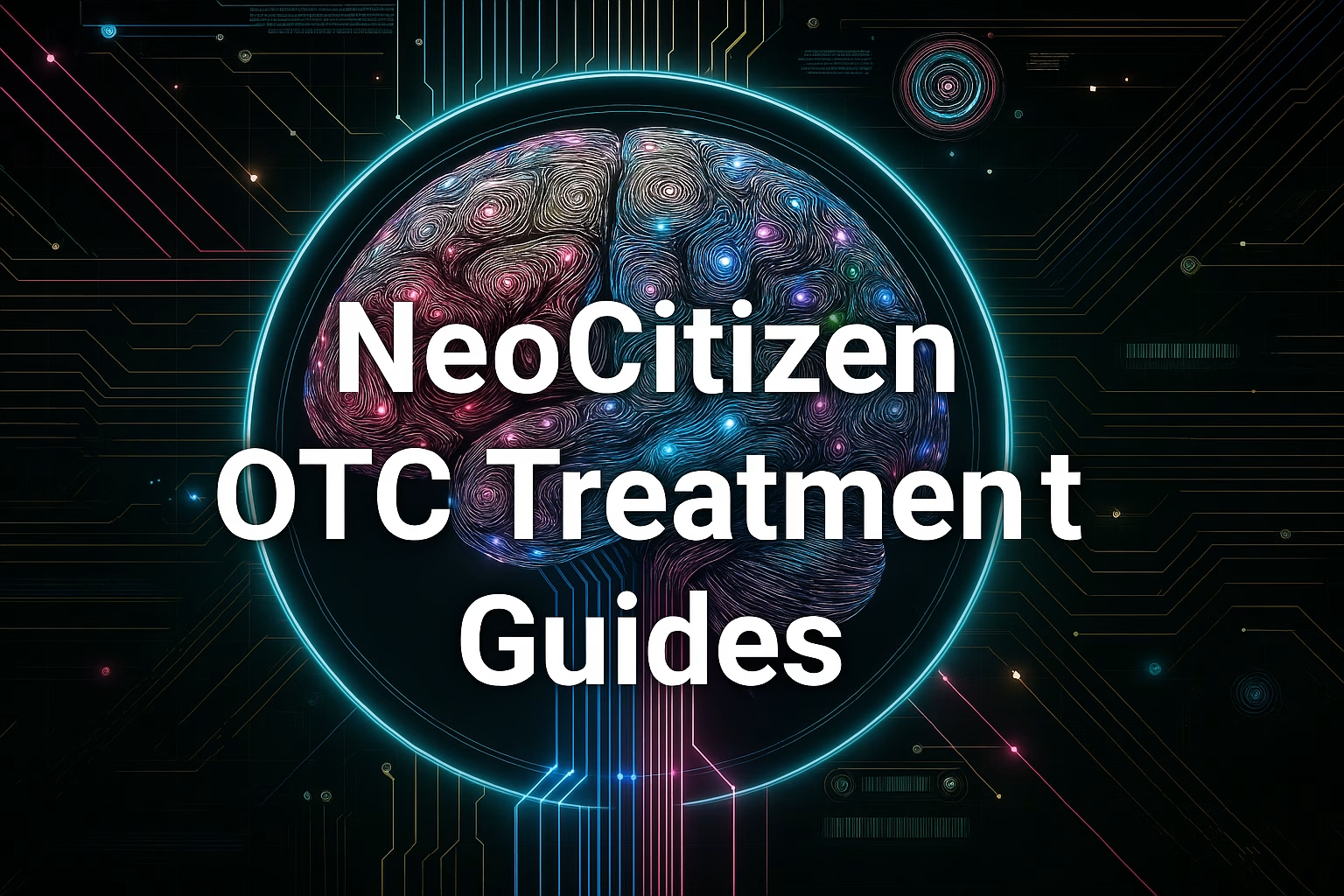
If you’ve ever felt a burning sensation in your chest after eating or when lying down, you’re not alone. Heartburn, GERD (Gastroesophageal Reflux Disease), and general indigestion are common digestive issues affecting millions. They occur when stomach acid flows back up into the esophagus, leading to discomfort, bloating, and sour taste.
Thankfully, acid reducers can provide fast and lasting relief. We’ve reviewed the best acid reducers on the market, including pharmacist-recommended, over-the-counter (OTC), and natural options.
🏆 #1. Pepcid AC (Famotidine) – Pharmacist Recommended
Type: H2 Blocker
Use: Fast and long-lasting relief from heartburn and acid indigestion.
Pros:
- Recommended by pharmacists for reliability and safety
- Works within 15–30 minutes
- Lasts up to 12 hours
- Available in regular and maximum strength
Cons:
- May not work as quickly as antacids
- Not suitable for long-term use without doctor consultation
Learn more: Pepcid official site
#Pepcid #HeartburnRelief #AcidReducer
📅 #2. Prilosec OTC (Omeprazole)
Type: Proton Pump Inhibitor (PPI)
Use: For frequent heartburn (2 or more days a week)
Pros:
- Ideal for chronic acid reflux or GERD
- 24-hour protection when taken daily
- Well-studied and trusted
Cons:
- Takes 1–4 days to reach full effect
- Not intended for immediate symptom relief
- Should not be used for more than 14 days without medical supervision
Learn more: Prilosec OTC website
#Prilosec #GERDRelief #AcidReducer
🧬 #3. TUMS (Calcium Carbonate)
Type: Antacid
Use: Immediate relief of occasional heartburn and indigestion
Pros:
- Fast-acting relief in minutes
- Doubles as a calcium supplement
- Widely available in chewable forms
Cons:
- Short-term effect
- Can cause rebound acid if overused
- Not suitable for chronic use
Learn more: TUMS official site
#TUMS #FastRelief #HeartburnHelp
🥜 #4. Apple Cider Vinegar (Natural Option)
Type: Natural remedy
Use: For occasional indigestion and mild reflux (used cautiously)
Pros:
- Natural and inexpensive
- Some people report relief with diluted ACV before meals
- May support digestion in low-stomach-acid cases
Cons:
- Not backed by strong scientific evidence
- May worsen symptoms in some people
- Can damage enamel or irritate the esophagus if not diluted properly
Learn more: Cleveland Clinic on ACV
#NaturalRemedies #AppleCiderVinegar #DigestiveHealth
🥩 #5. Gaviscon (Alginic Acid + Antacid)
Type: Antacid + Barrier-forming agent
Use: Forms a foam barrier to prevent acid reflux
Pros:
- Unique dual-action formula
- Soothes and protects the esophagus
- Works quickly
Cons:
- May not be as effective for chronic GERD
- Can interact with other medications if not timed properly
Learn more: Gaviscon USA site
#Gaviscon #FoamBarrier #AcidRefluxRelief
Final Thoughts
Choosing the best acid reducer depends on your specific symptoms and health history. For fast and effective relief trusted by pharmacists, Pepcid AC remains the top pick. For chronic symptoms, Prilosec OTC offers reliable long-term control, while natural options like apple cider vinegar may be considered with care.
Always consult with your healthcare provider for persistent or severe symptoms.
#AcidReducerGuide #GERDHelp #IndigestionRelief #HeartburnSolutions #OTCRelief










